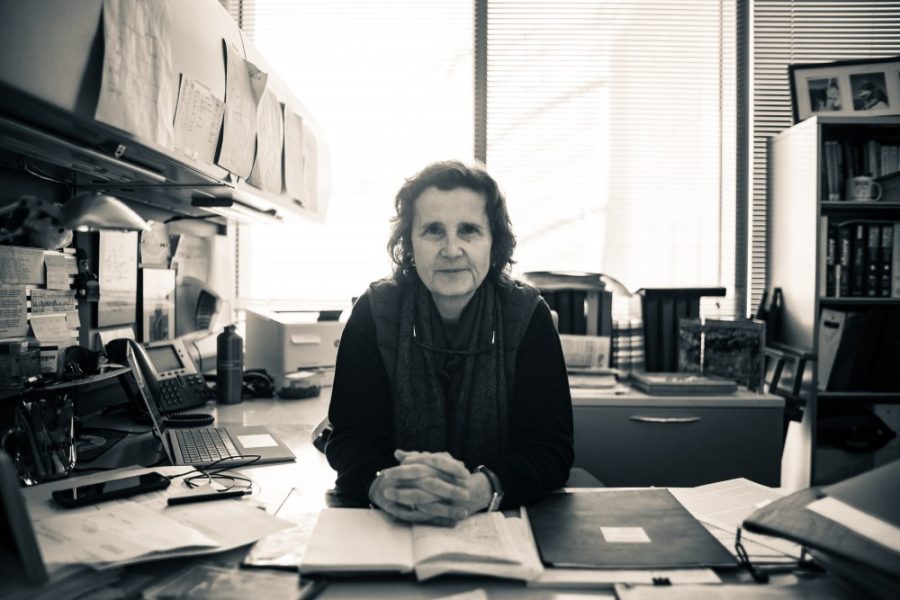Donata Vercelli was the keynote speaker for “Unlocking the Secrets of the Microbiome” at the 2020 University of Arizona Arthritis Center Conference on Saturday, Feb. 8.
Vercelli is a UA researcher and is very interested in the current effects that microbes have on the trajectory of certain diseases. The Daily Wildcat spoke with Vercelli about the impact of the microbiome.
Daily Wildcat: What is the microbiome?
Donata Vercelli: The microbiome is the totality of the genomes of the microbes. So, basically it is a term that refers to the totality of the microbes that inhabit our bodies. Keeping in mind that we have probably 10 to 100 times more microbes in our cells than we have human cells, so we are vastly outnumbered by microbes.
DW: How do microbes have an impact on arthritis?
DV: It is probably the case that microbes have an impact on arthritis, and that is probably because they regulate information in many ways. They regulate immune responses that are important for arthritis as they are any types of diseases. Also, because they regulate the way in which we metabolize drugs. Therefore, on top of inflammatory processes and everything else, the drugs that people are given for arthritis are better or worse metabolized depending on their microbes. Therefore, it is a multipronged affect.
RELATED: Science for the future
DW: How did you get involved with this kind of research, and how long have you been doing this research?
DV: Well, that is the story that I am going to talk about in my speech. I do not have a background in this. It is the research itself that took me there because, essentially, we slowly understood how important environmental exposures are for allergies and asthma. Then we understood that what we knew in the environment was making a difference. I came to this field following my data, and then I would say I have been doing this research over the last five or six years.
DW: Why is this information something the public should know?
DV: Because we all have microbes and because microbes are so important. As well, I think that there is something that needs to be appreciated, which is that until only a few years ago, and when I say a few I mean five to six years ago, we didn’t have the tools to really recognize which microbes are where. So, all of these essentially remain unexplored because we didn’t know, and now that the tools are being developed it turns out that these are things that are relevant to each other and to all of us. And, because microbes have this very invasive effect on so many things from immune responses to blood pressure to even our mood.
DW: What does it mean to “unlock” the microbiome’s secrets?
DV: To show how by understanding microbes we can learn what they do in human beings. We can better understand both our health and our diseases.
Follow Jillian Bartsch on Twitter















